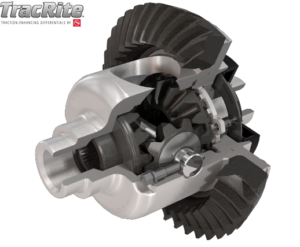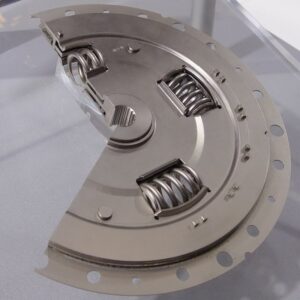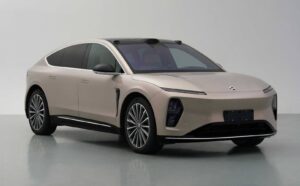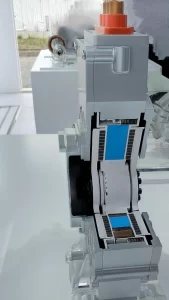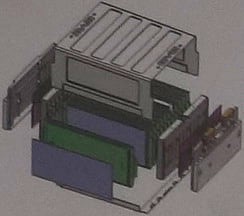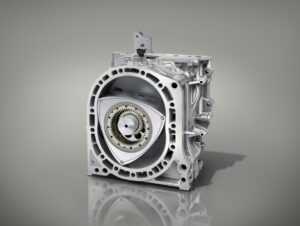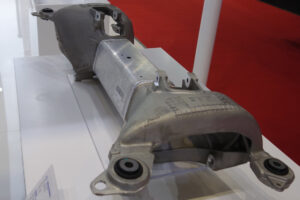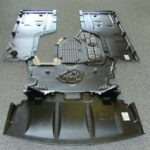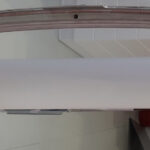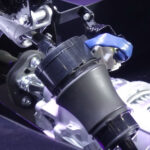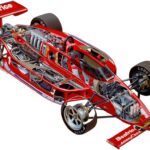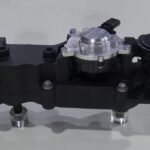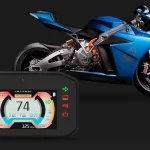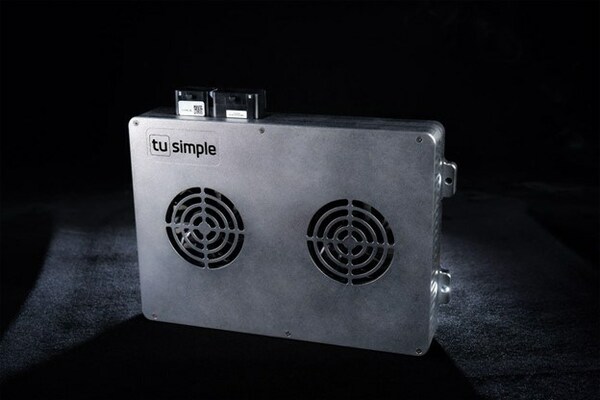
TuSimple today introduced its proprietary, high-performance central compute unit – the TuSimple Domain Controller (TDC). The TDC will serve as an autonomous truck’s central computational unit, incorporating sensor inputs, high performance computing, integrated vehicle control unit (VCU), and autonomous software to enable advanced autonomous driving solutions.
The TDC has been a multi-year project following the January 2022 announced use of NVIDIA technology to develop a proprietary domain controller. The company and select customers are currently testing and validating B-sample units, C-sample units are expected to ship in Q2 2023, followed by production units in Q4 2023.
The proprietary TDC is part of the larger industry trend of moving from edge computing at the sensor level to a centralized platform that has the computational power to process more data, fuse multiple sensor modalities, and allow for complex driving operations. TuSimple’s TDC aims to work seamlessly with different sensor configurations and TuSimple application software to permit a range of autonomous offerings, including:
- ADAS: Next-generation L2+ and conditional L3 ADAS solutions for commercial vehicles to improve road safety and fuel utilization
- Perception Fusion Module: Highly-customizable, low-cost hardware and software module fusing together different sensor modalities to offer OEM customers a holistic perception stack option
- L4 Autonomy: Primary or redundant computing unit to power full L4 autonomous systems
The TDC supports next generation ADAS projects for commercial vehicles in the Chinese market with the potential to expand to US and European markets.
Product Specifications:
- All-In-One Computing: NVIDIA DRIVE Orin SoC (254 trillion operations per second), Infineon AURIX TC397 MCU
- Sensor Capacity: Up to 12 8MP cameras, five radars, and three LiDARs
- Software Architecture: Classic AUTOSAR on MCU, QNX OS on SoC, and Adaptive AUTOSAR on SoC
- Reliable: Completed rigorous reliability tests including temperature and humidity, vibration, water resistance, salt water and mist, and dust and dirt
- Designed to Meet the Following Standards: ASIL-D (ISO 26262), ISO 16750, ISO 9001, and IATF 16949


